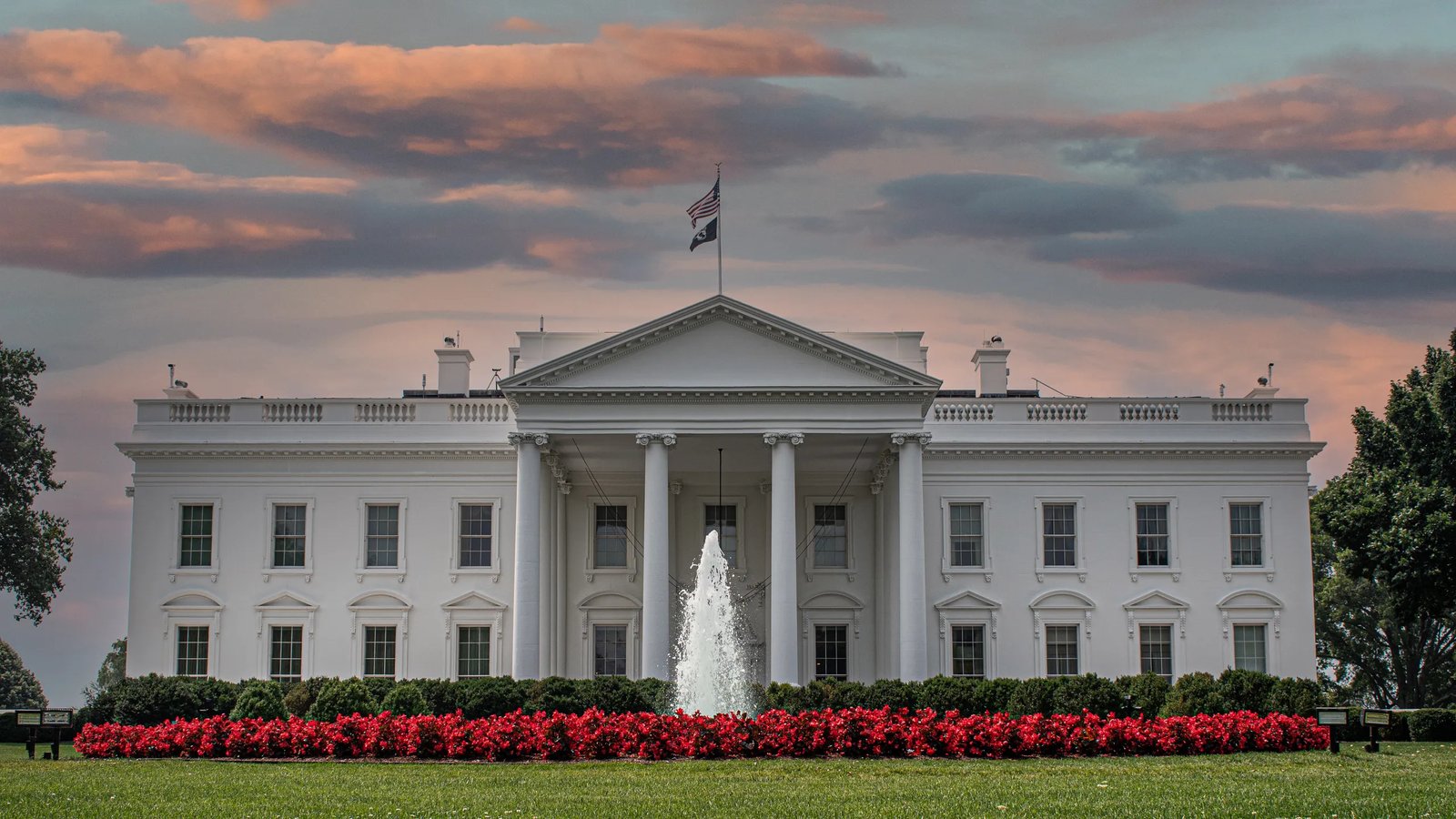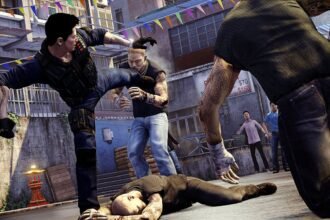As we approach the end of the 2024 election, a familiar but heavy melancholy seems to have settled over the country. Election cycles in America have always been polarizing and exhausting, but this one feels especially burdensome. There’s a sense that we’ve been here before, that once again, we are circling back to the same conversation about leadership, representation, and the troubling question of whether we are truly capable of change.
When we step back, it’s impossible not to recognize the irony of our collective frustration. We complain loudly—through tweets, protests, and conversations over coffee—about the limitations of our choices. We lament the fact that, once again, we find ourselves staring at a ballot with the symbol of a worn-out establishment that never seems to change. And yet, despite this universal frustration, when alternatives present themselves, we consistently return to the familiar.
The Comfort of the Familiar, the Fear of the New
There’s something profoundly human in this contradiction. We want progress, yet we crave stability. We demand fresh perspectives, yet cling to what feels known. The very system we rail against is the one we support, almost reflexively, when given the choice. Every four years, we find ourselves at this crossroads, grumbling about the status quo, yet balking at the uncertainty of real change. This year, as much as any other, has seen competent and diverse candidates step forward, offering visions that could break the mold. And yet, here we are again, watching familiar faces take the stage, hoping to lead a nation that is weary of its own habits.
Our collective preference for the familiar doesn’t come from a place of apathy. If anything, it stems from exhaustion. The landscape of American politics has become a relentless cycle of scandals, partisan bitterness, and media spectacles. Faced with the daunting complexity of issues—climate change, economic instability, racial inequality—many have simply given in, preferring the known over the risk of something unknown. But at what cost?
Trump: A Reflection of Our Worst Impulses
Perhaps nowhere is this disillusionment more acute than with Donald Trump. For all the ways he has shocked, outraged, and divided the country, he’s never left the center of the stage. And yet, to say that Trump is the best America has to offer would be a grotesque misrepresentation. He doesn’t embody our resilience, our compassion, or our ingenuity; rather, he seems to highlight the very worst qualities lurking within us all. He represents an America driven by ego, by self-interest, by an unyielding need to win—even if that victory leaves nothing but wreckage in its wake.
Trump is, in many ways, the embodiment of our failures. He mirrors the division and distrust that pervades the country. He has tapped into a vein of fear, resentment, and suspicion, and he wields it not to build unity but to deepen divides. That he has persisted as a central figure in American politics reflects our own refusal to confront the darker aspects of our national identity. It’s almost as if, every election, we look into a mirror and see a version of ourselves we’re reluctant to acknowledge—a version that embraces anger over empathy, spectacle over substance.
The Allure of Nostalgia in an Uncertain Time
So, why do we keep coming back? Perhaps it’s nostalgia, a yearning for a time when politics felt less fractured, when the differences between parties didn’t feel like chasms but simple disagreements. Or maybe it’s fear, the feeling that in a world changing faster than we can process, old leaders represent a tenuous grip on stability. There’s something about the weight of tradition that makes us feel anchored, even if that anchor holds us in place when we long to move forward.
We know these candidates. We know their stories, their flaws, and their carefully constructed personas. They’re familiar, in the way that a childhood home feels familiar even when it’s decaying. And in a time when so much feels unstable, that familiarity, however fraught, offers a strange comfort.
What’s particularly disheartening about this election isn’t just that we’re repeating past choices—it’s that we’re aware of it, and yet still feel powerless to break the cycle. This is a crossroads we’ve seen before. We’ve heard the same speeches, witnessed the same posturing, and endured the same divisiveness. But deep down, there’s a sense that this might be one of the last times we can afford to make these kinds of choices without consequence.
America stands at a precipice, facing challenges that require more than empty rhetoric and partisan point-scoring. We need leaders who are willing to bridge divides, confront uncomfortable truths, and pave the way for future generations. And yet, time and again, we find ourselves hesitating, settling for leaders who don’t truly represent the best of what this country has to offer.
For all the cynicism surrounding this election, there remains a faint, almost imperceptible hope. The hope that we might, one day, break the cycle. That we might find ourselves at a crossroads and choose a new direction, one that reflects our highest ideals rather than our deepest fears. This election may not be that moment, but the fact that we’re having these conversations—that we’re acknowledging the need for change—suggests that, perhaps, we’re closer than we think.
As voters, we’re tired. We’re tired of choosing between what we know and what we want. We’re tired of waiting for a moment that may never come. But maybe, just maybe, this election—this worn-out, déjà vu-filled, endlessly frustrating election—will plant the seeds for something new. Perhaps we’ll look back on 2024 not as the year we finally broke free, but as the year we finally understood just how trapped we were. And maybe, in that recognition, there’s a chance for something better.
So, in this weary season, I’m choosing to cast my vote not for the familiarity of the past but for the promise of something new. I’m voting for progress, for change, and for a vision that dares to look beyond the limitations of what’s always been. I’m voting for someone who understands the weight of this moment and the possibilities it holds. I’m voting for Kamala Harris—a leader who represents the diversity, resilience, and hope I believe America can and should stand for.





